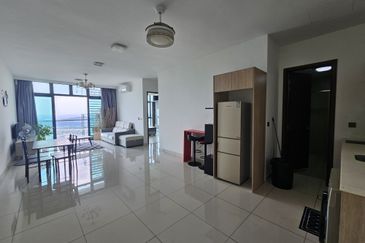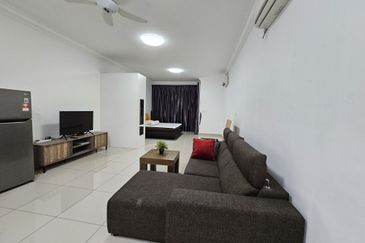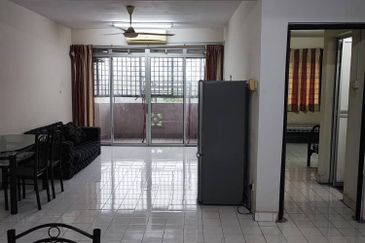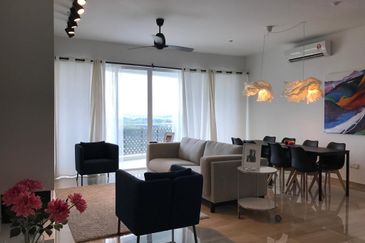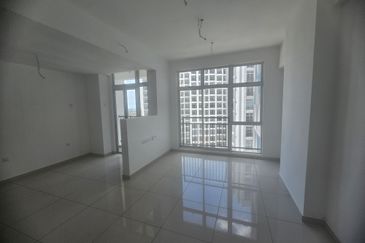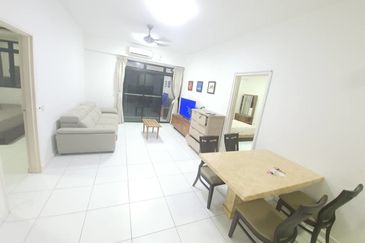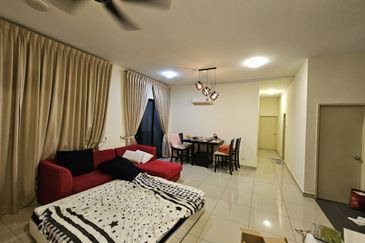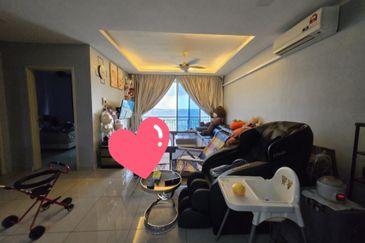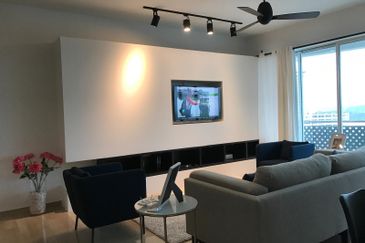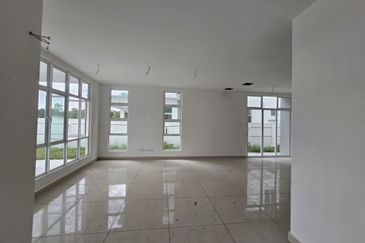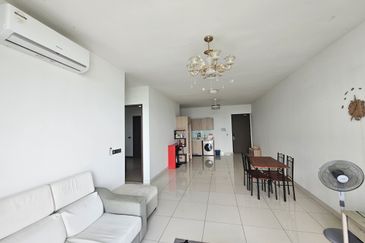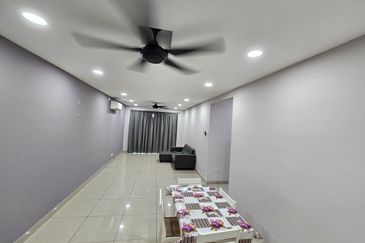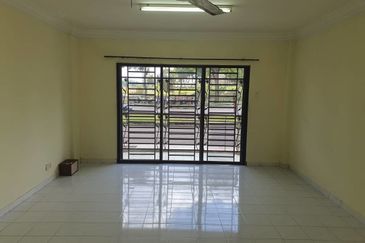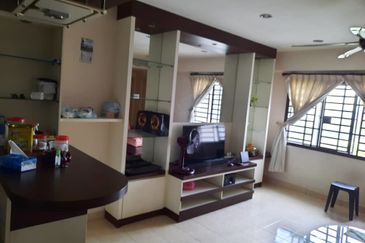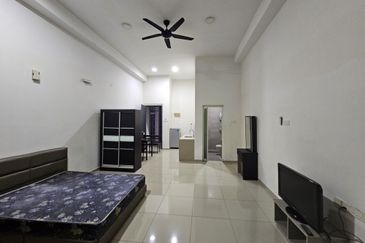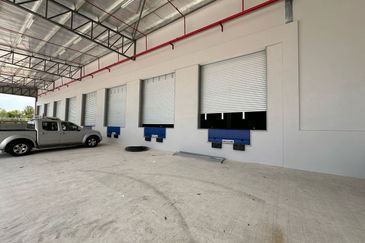
KUALA LUMPUR (Aug 6): Malaysia Steel Works (KL) Bhd's (Masteel) standalone credit profile remains vulnerable to fluctuations in steel price, fluctuating cost of raw materials and increased competitive pressures in the Malaysian market, according to Malaysian Rating Corp Bhd (MARC).
In a statement today, MARC said given Masteel relatively modest market position in the production of steel billets and steel bars, which are mainly for local consumption, these factors have weighed on its profitability margins.
Nonetheless, the rating agency has affirmed its AAA IS(fg) rating on Masteel's RM130 million Sukuk Ijarah programme with a stable outlook.
MARC said the affirmed rating and outlook are based on the unconditional and irrevocable financial guarantee insurance provided by Danajamin Nasional Bhd.
"Noteholders are insulated from downside risks in relation to Masteel's credit profile by the guarantee provided by Danajamin. Any changes in the supported rating or rating outlook will be primarily driven by changes in Danajamin's credit strength," it said.
MARC noted that the challenging conditions in the domestic construction and property sectors have exerted pressure on steel suppliers.
"This was further exacerbated by the entrance of a major player in the steel sector in October 2018 which led to a price war resulting in domestic steel bar prices declining to RM2,225 per metric tonne (MT) by end-December 2018 (versus RM2,750 per MT in January 2018)," it said.
"Against this background, Masteel has increased its output and improved its product-mix to include a higher proportion of steel bars which generate higher margins compared to steel billets. For 2018, steel bar sales accounted for 87% of Masteel's total revenue of RM1.5 billion," it added.
During 2018, MARC said Masteel recorded a weaker operating margin of 1.4%, mainly attributable to a decline in gross steel bar margins, coupled with impairments in inventory and higher administrative expenses.
MARC pointed out that for the first quarter ended Mar 31, 2019 (1QFY19), Masteel continued to face weakening profitability, recording operating losses of RM11.4 million.
"MARC views that it would be challenging for Masteel to turnaround its performance over the near term," it said.
The firm commented that Masteel's liquidity position remains weak with RM35.7 million in cash and cash equivalents, against a short-term debt of RM297.6 million comprising mostly bills payable as at 1QFY19.
Masteel's working capital requirement, said MARC, has risen alongside an increase in sales volume and higher cost of raw materials.
"Inventory days have increased to over 150 days, partly due to holding a higher amount of scrap steel to offset rising input costs through larger purchases," it said.
Nonetheless, MARC said Masteel has improved its receivable days to below 40 days over the last three years.
"Masteel's investments in the more efficient induction furnaces have also somewhat prevented the group from incurring larger operating losses," it noted.
On Masteel's gearing level, MARC said it remains moderate at end-2018, as reflected by its debt-to-equity (DE) ratio of 0.59 times.
"However, MARC expects Masteel's DE to rise between 0.70 times and 0.80 times over the next two years. This is based on expectations that additional borrowings will be taken for the purchase of a second induction furnace and to bridge the funding gap due to margin compression," it said.
At 3.24pm, Masteel was trading unchanged at 44.5 sen, giving it a market capitalisation of RM190.12 million.

hero.jpg?GPem8xdIFjEDnmfAHjnS.4wbzvW8BrWw)

